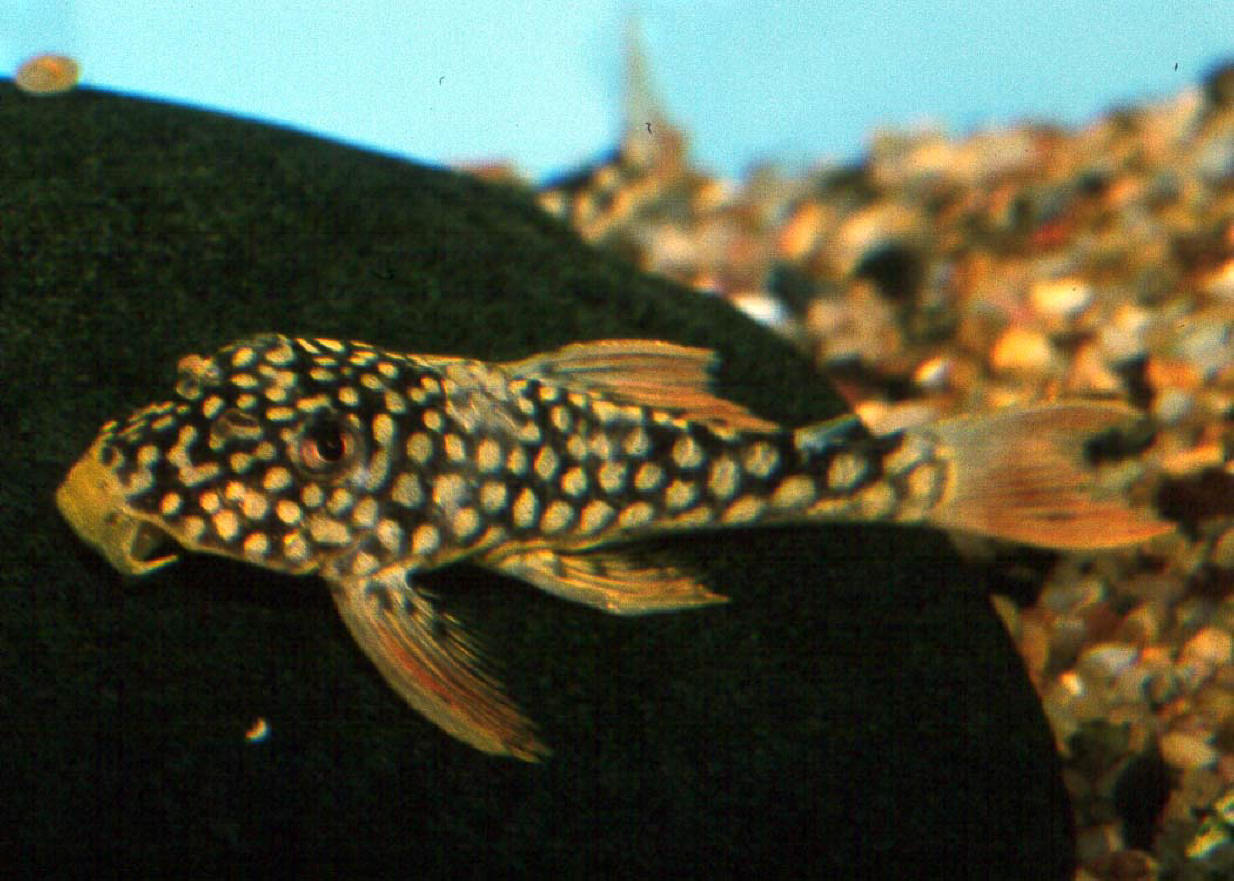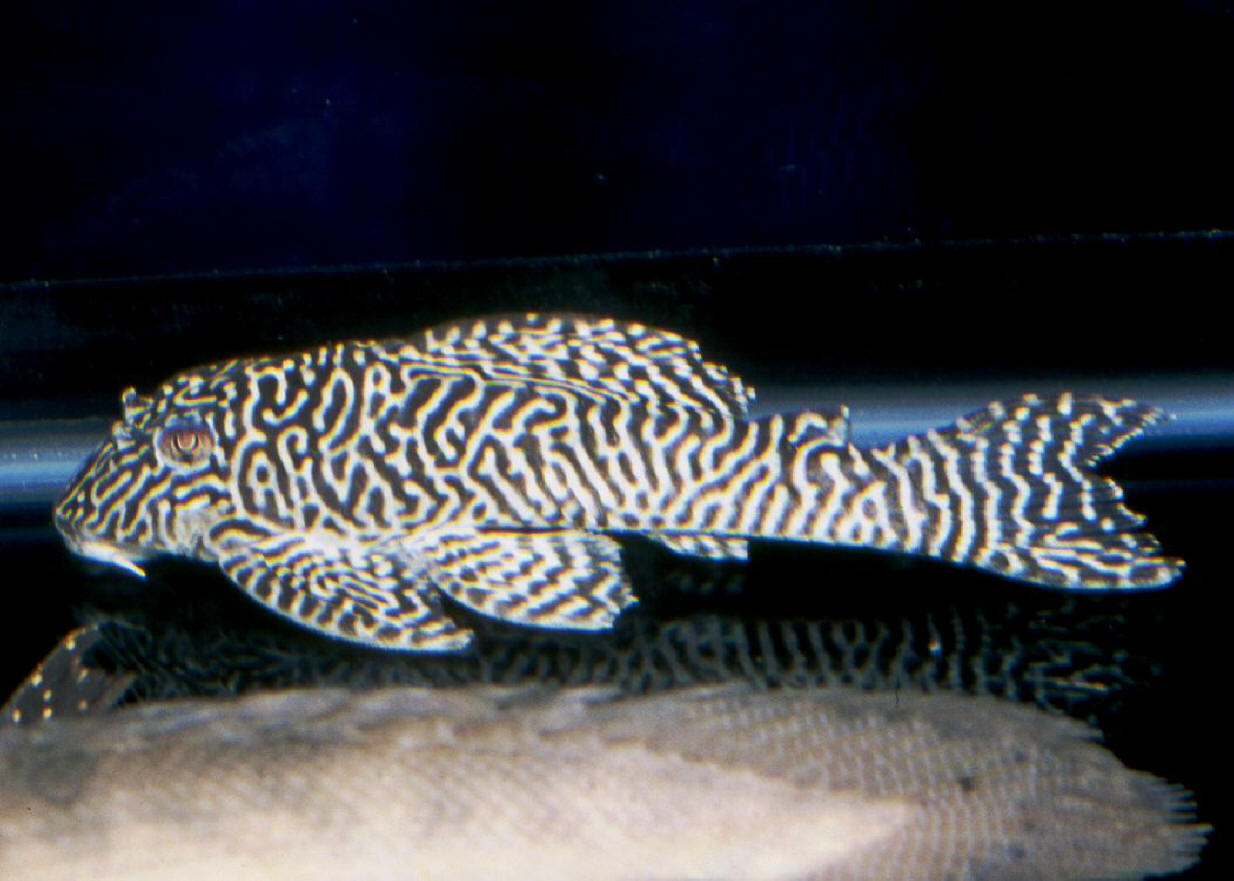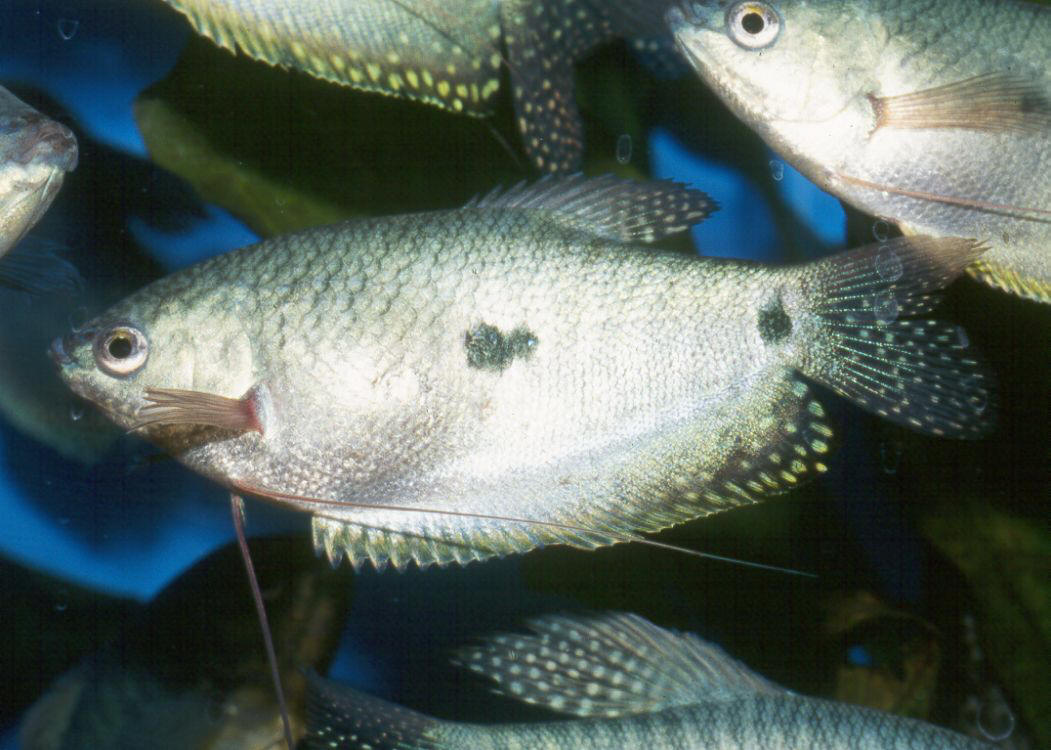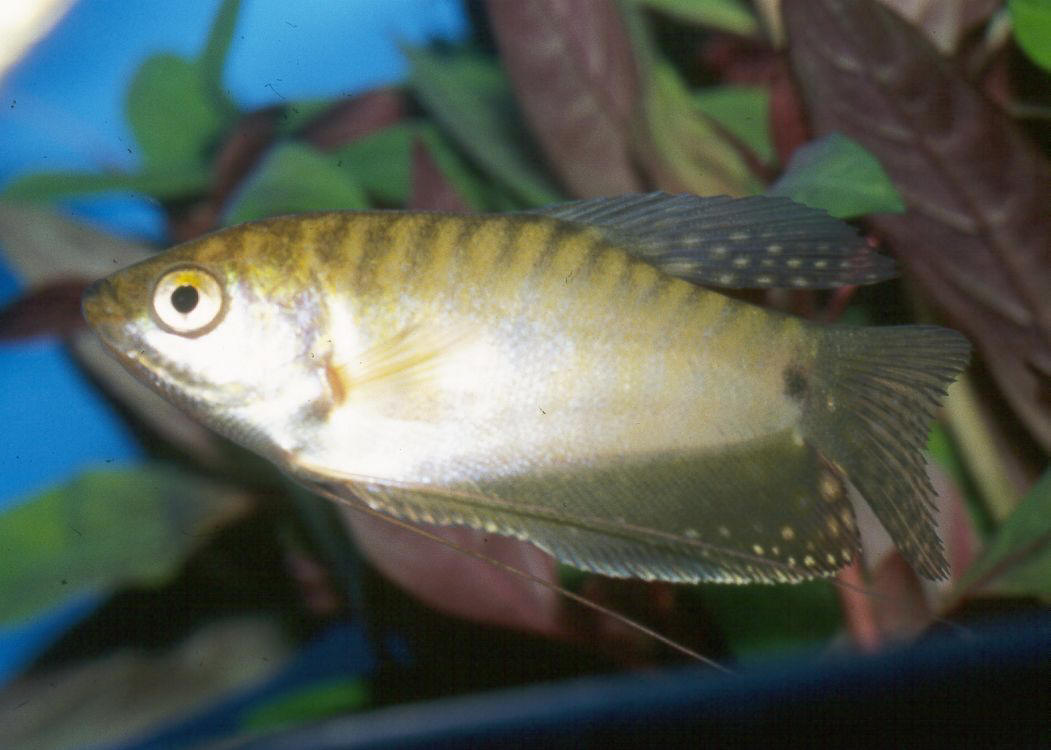|
Freshwater Desktop Pix FULL
SIZE
(For personal use only: NOT public
domain)
(Mmm, right click, add, set as background...)
Archive 91
To: Today's FW Pic, FW Archive 50, FW Archive 51, FW Archive 52, FW Archive 53, FW Archive 54, FW Archive 55, FW Archive 56, FW Archive 57, FW Archive 58, FW Archive 59, FW Archive 60, FW Archive 61, FW Archive 62,
FW Archive
63, FW
Archive 64, FW Archive 65,
FW Archive
66, FW
Archive 67, FW Archive 68,
FW Archive
69, FW
Archive 70, FW Archive 71,
FW Archive
72, FW
Archive 73, FW Archive 74,
FW Archive
75, FW
Archive 76, FW Archive 77,
FW Archive
78, FW
Archive 79, FW Archive 80,
FW Archive
81, FW
Archive 82, FW Archive 83,
FW Archive
84, FW
Archive 85, FW Archive 86,
FW Archive
87, FW
Archive 88, FW Archive 89,
FW Archive
90, FW Archive 92, FW Archive 93, FW
Archive 94, FW Archive 95,
FW Archive 96, FW Archive 97, FW
Archive 98, FW Archive 99,
FW Archive 100, FW Archive 101, FW
Archive 102, FW Archive 103,
FW Archive 104, FW Archive 105, FW
Archive 106, FW Archive 107,
FW Archive 108, FW Archive 109, FW
Archive 110, FW Archive 111,
FW Archive 112, FW Archive 113, FW
Archive 114, FW Archive 115,
FW Archive 116, FW Archive 117, FW
Archive 118, FW Archive 119,
FW Archive 120,
|
 |
|
Genus Peckoltia, Clown Plecostomus:
These small (3-5 inches) Loricariids are not as
hardy in shipping or acclimation to captive conditions, but are
sturdy enough if/when brought in well, and once they settle
in'¦ and they almost always leave live plants alone.
Also of note, though they are often pictured and housed together
in captivity, Peckoltia species are best kept either one to a
tank (even if a large system), or pairs. They're easygoing
with other bottom dwellers but very aggressive toward
conspecifics.
|
|

|
|
Genus Peckoltia, Clown Plecostomus:
These small (3-5 inches) Loricariids are not as
hardy in shipping or acclimation to captive conditions, but are
sturdy enough if/when brought in well, and once they settle
in'¦ and they almost always leave live plants alone.
Also of note, though they are often pictured and housed together
in captivity, Peckoltia species are best kept either one to a
tank (even if a large system), or pairs. They're easygoing
with other bottom dwellers but very aggressive toward
conspecifics.
|
 |
| Trichogaster trichopterus (Pallas, 1770),
the Blue, Opaline (marbled), Gold, Three Spot Gourami, and other
common names for its many sports. Asia: Mekong and Xe Bangfai
Basins, Indonesia and Malaysia. To six inches maximum length.
Conds: pH 6-8, dH 5-19, temp. 22-28 C. Female Three Spot
shown. |
 |
| Trichogaster trichopterus (Pallas, 1770),
the Blue, Opaline (marbled), Gold, Three Spot Gourami, and other
common names for its many sports. Asia: Mekong and Xe Bangfai
Basins, Indonesia and Malaysia. To six inches maximum length.
Conds: pH 6-8, dH 5-19, temp. 22-28 C. Male Gold variety
shown. |
|
|

